“Hormone therapy is one of the most effective treatments
available for bothersome hot flashes and night sweats.
If hot flashes and night sweats are disrupting your…”.1
Umbrella
What may the Hormone Therapy and Hot Flushes Umbrella include?
Depending on the Source (DotS) this Umbrella may include:
- Hormone Replacement Therapy (HRT)
- Hormone Therapy (HT)
- Hot Flashes
- Hot Flushes
- Menopausal Hormone Therapy (MHT)
Hormone Therapies
What are hormone therapies?
DotS the definition of hormone therapies may vary. The Menopause Society’s (formerly the North American Menopause Society) definition is:
Effective or Not
How effective is HT for the treatment of hot flushes?
On page one in Deciding About Hormone Therapy Use: Potential Benefits, published February 2025, the Menopause Society (formerly the North American Menopause Society) elaborate on:
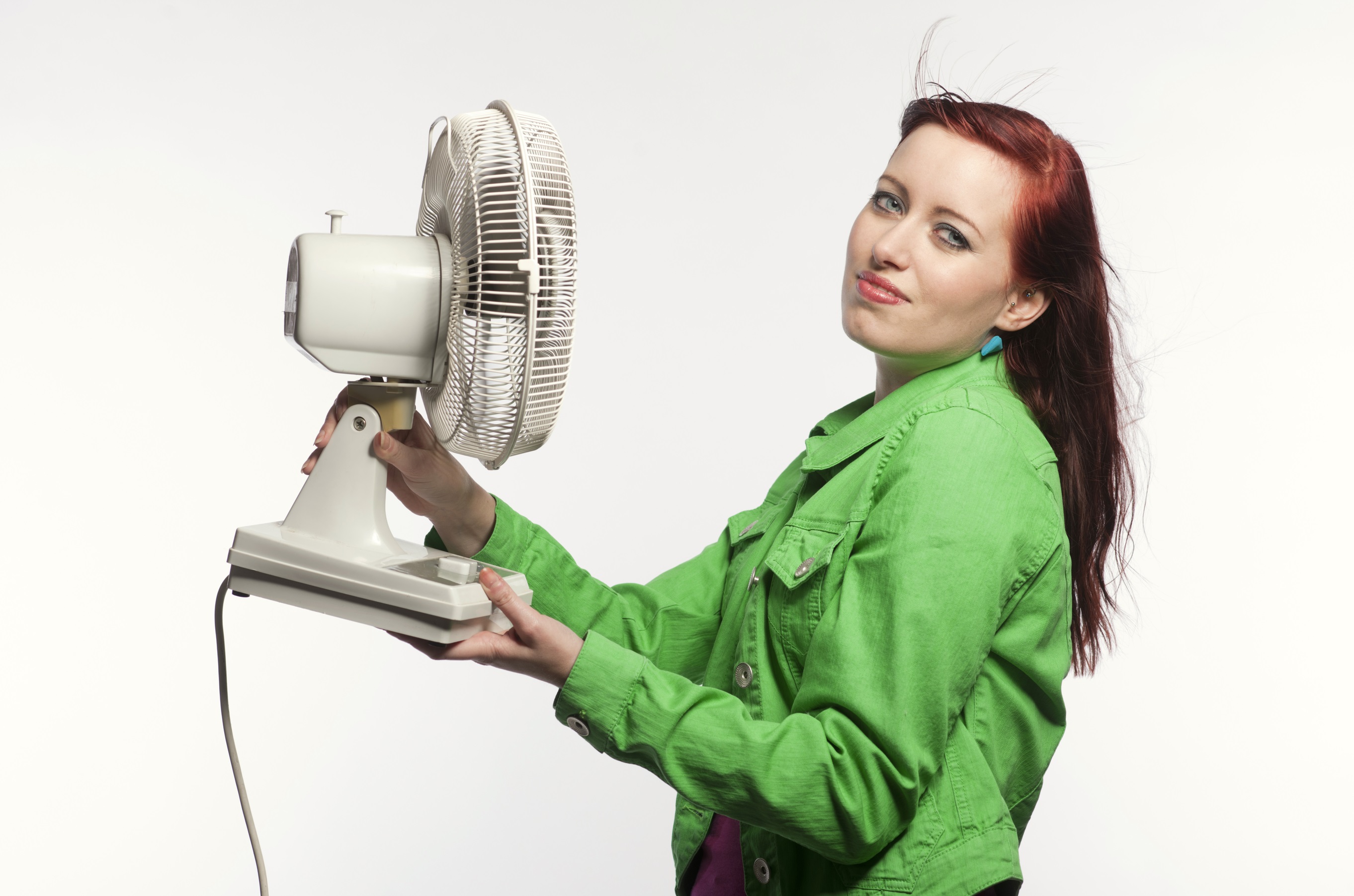 “Hormone therapy is one of the most effective treatments available for bothersome hot flashes and night sweats. If hot flashes and night sweats are disrupting your daily activities and sleep, HT may improve sleep and fatigue, mood, ability to concentrate, and overall quality of life. Treatment of bothersome hot flashes and night sweats is the principal reason women use HT”.3
“Hormone therapy is one of the most effective treatments available for bothersome hot flashes and night sweats. If hot flashes and night sweats are disrupting your daily activities and sleep, HT may improve sleep and fatigue, mood, ability to concentrate, and overall quality of life. Treatment of bothersome hot flashes and night sweats is the principal reason women use HT”.3Potential Benefits
Do the potential benefits of HT outweigh the potential risks when taking HT for the treatment of hot flushes?
In Hot Flashes: Diagnosis & Treatment – Diagnosis: Treatment the (United States) Mayo Clinic note:
Potential Risks
What are the potential risks when taking HT for the treatment of hot flushes?
In Hormone Therapy: Is Hormone Therapy Safe? the Menopause Society explain:
You and your healthcare professional need to balance your individual benefits and risks based on your medical history. For example, if you don’t have a uterus and can take ET alone, your risks are different from those women who still have a uterus and must use EPT to protect against uterine cancer”.5
What is ET?
ET can be an abbreviation for Estrogen Therapy.
What is EPT?
EPT can be an abbreviation for Estrogen Plus Progestogen Therapy.
Health Care Provider
What if I choose to use HT for my hot flushes?
If you choose to use HT for your hot flushes, it may be in your best interest to also choose to talk to your health care provider about this.
On page two in the Joint Position Statement By the British Menopause Society, Royal College of Obstetricians and Gynaecologists and Society for Endocrinology on Best Practice Recommendations for the Care of Women Experiencing the Menopause, first published online 10 June 2022, one of the recommendations is:
- “The decision whether to take HRT, the dose and duration of its use should be made on an individualised basis after discussing the benefits and risks with each patient. This should be considered in the context of the overall benefits obtained from using HRT including symptom control and improving quality of life as well as considering the bone and cardiovascular benefits associated with HRT use. Discussions with women should also cover aspects such as when to consider stopping HRT and how this can be done (by gradually reducing the dose of HRT). No arbitrary limits should be set on age or duration of HRT intake”.6
Health Topics A-Z
Where may I find Health Topics A-Z related to Hormone Therapy and Hot Flushes?
In Health Topics A-Z you may find:
Links
Where may I find Links related to Hormone Therapy and Hot Flushes?
Your Country may have Links similar to:
Links
This Links List to third party websites is neither comprehensive nor exhaustive. Inclusion on this Links List does not imply endorsement or recommendation. Non-inclusion on this Links List does not imply non-endorsement or non-recommendation. Third party websites are not under the control of Meno Martha International Menopause Directory. Third party websites may contain explicit medical images and/or sexual references. Please read Meno Martha International Menopause Directory’s Links Policy before proceeding to a Link. Please contact Webmaster if you experience a problem with a Link.New or Updated
- Deciding About Hormone Therapy Use [February 2025]
- Handling Hot Flushes and Night Sweats| Dr Louise Newson
- Is It Too Late To Start HRT? [15 July 2024]
- Videos & Podcasts: Videos – Menopause and Hormone Therapy: Current Perspectives and Controversies [October 2024]
- Webinars: Previous – IMS & ISE Symposium: What’s Hot? Options for Treatment of Hot Flushes 2025 [12 March 2025]
- 8 Myths and Truths About Menopausal Hot Flashes
- ACOG Explains: Managing Menopause Symptoms [American College of Obstetricians and Gynecologists]
- AMS Statement 15 July 2024 [Australasian Menopause Society]
- Askearlymenopause.org [Ask EM] [+ Video: What Is Early Menopause?]
- BMS & WHC’s 2020 Recommendations on Hormone Replacement Therapy In Menopausal Women
- BMS TV: Bioidentical Hormones
- BMS TV: HRT and Breast Cancer: Overall Risks and Benefits
- BMS TV: HRT and the Risk of Breast Cancer
- BMS TV: Hormone Replacement Therapy (HRT)
- Bioidentical Hormone Therapy
- Bioidentical Hormones: Are They Safer?
- Can You Have HRT If You Are Overweight?
- Compounded Bioidentical Hormone Therapy [Video]
- Consumer Video and Podcast Series: 2023 Consumer Videos and Podcasts – Premature and Early Menopause
- Consumer Video and Podcast Series: 2024 Consumer Videos and Podcasts – Preparing for Your Menopause Health Care Visit
- Deciding About Hormone Therapy
- Deciding About Hormone Therapy Use
- Find A Menopause Practitioner [United States and Other]
- Find An AMS Member [Australasian Menopause Society i.e. Australia and New Zealand]
- Find Your Nearest BMS Menopause Specialist [British Menopause Society]
- HRT
- HRT Questions Answered
- HRT – Types, Doses and Regimens
- HRT: Benefits and Risks
- Handling Hot Flushes and Night Sweats| Dr Louise Newson
- Hormone Replacement Therapy
- Hormone Replacement Therapy (HRT)
- Hormone Replacement Therapy (HRT): Benefits and Risks of Hormone Replacement Therapy (HRT)
- Hormone Therapy
- Hormone Therapy for Menopause
- Hormone Therapy: Four Things A Mayo Clinic Women’s Health Specialist Wants You To Know [+ Video Courtesy: Mayo Clinic News Network. Name Super/CG: Taryn Smith, M.D./Internal Medicine/Mayo Clinic]
- Hormone Therapy: Is It Right for You?
- Hot Flashes
- Hot Flashes
- Hot Flashes: What Can I Do? [+ Video: What Are the Signs and Symptoms of Menopause?]
- How To Find Relief for Hot Flashes At Night
- Is It Too Late To Start HRT? [Video]
- Joint Position Statement By the British Menopause Society, Royal College of Obstetricians and Gynaecologists and Society for Endocrinology on Best Practice Recommendations for the Care of Women Experiencing the Menopause
- Later Years (Around 50 Years and Over): Menopause and Post Menopause Health – Hormone Replacement Therapy (HRT) [+ Video: Is HRT Bad for You?]
- Later Years (Around 50 Years and Over): Menopause and Post Menopause Health – Signs and Symptoms of Menopause [+ Video: Talking Menopause With Your GP]
- Managing Your Symptoms: Managing Hot Flushes and Night Sweats
- Mayo Clinic Minute: Help With Hot Flashes Due To Menopause [+ Video Courtesy: Mayo Clinic News Network]
- Menopausal Hormone Therapy
- Menopausal Hormone Therapy and Breast Cancer Risk
- Menopausal Hormone Therapy and Venous Thromboembolism
- Menopausal Hormone Therapy, Heart Disease and Stroke
- Menopause
- Menopause
- Menopause
- Menopause Map: Downloadable Resources – My Personal Path Print Tools: Questions for Your Health Care Provider

- Menopause Map: Downloadable Resources – My Personal Path Print Tools: Symptom Tracker
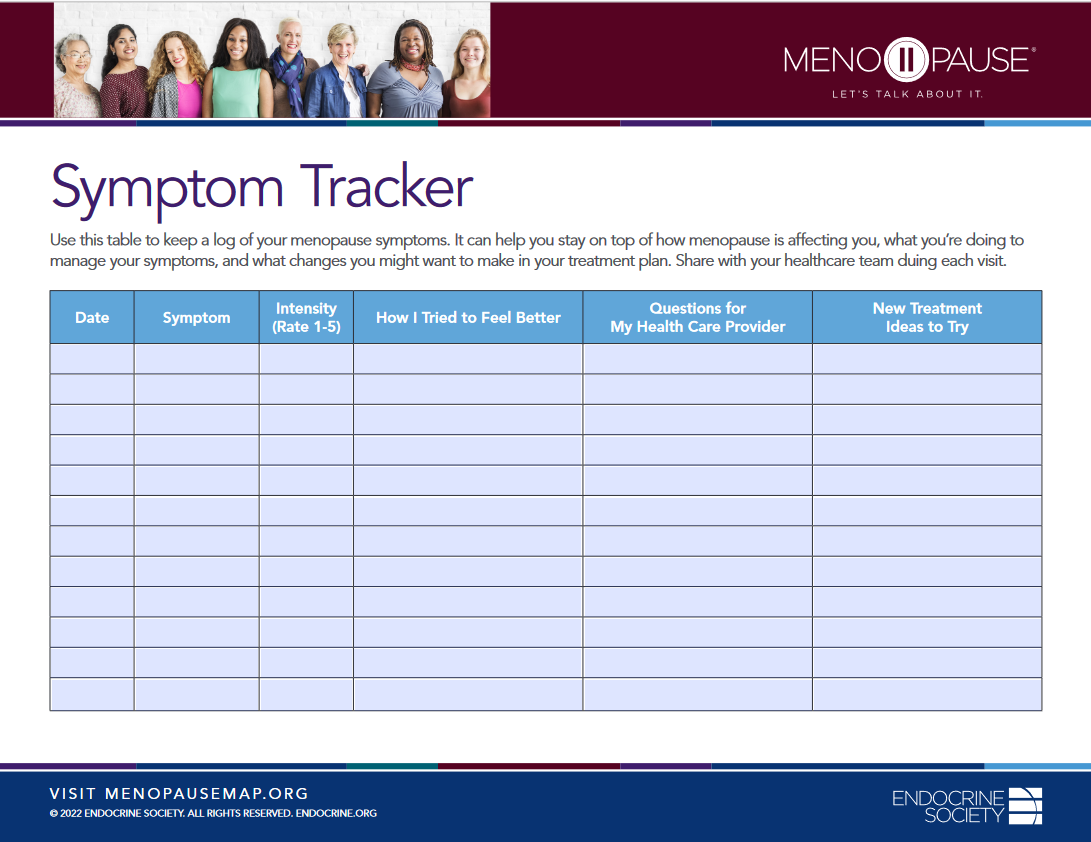
- Menopause Patient Information [Videos] 2. Talking To Your GP About Menopause
- Menopause Patient Information [Videos] 3. The Risks & Benefits of HRT
- Menopause Patient Information [Videos] 4. The Different Types of HRT
- Menopause Symptoms and Relief
- Menopause Treatment
- Menopause and HRT
- Menopause and HRT: Fact and Fiction [Video]
- Menopause, Perimenopause, Hormone Therapy and Other Treatments With Madelyn Butler, MD [Podcast]
- Menopause Symptoms: Mayo Clinic Expert Outlines Hormone and Nonhormonal Therapies
- Menopause Treatments: What Works, What Doesn’t
- Menopause: Diagnosis & Treatment
- Menopause: Identification and Management [NICE Guideline Published: 12 November 2015 Last Updated: 07 November 2024]

- Menopause: Identification and Management: NICE Guideline [NG23] [07 November 2024]
- Menopause: Understanding the Changes and Finding Relief | Dr Susan Davis | The Proof Podcast EP 256
- Navigating Menopause: Expert Insights and Solutions | Dr Susan Davis | The Proof Podcast EP 245
- Perimenopause
- Perimenopause
- Perimenopause and Menopause Symptom Checklist

- Revised Global Consensus Statement on Menopausal Hormone Therapy
- Risks and Benefits of MHT
- The Menopause Society Statement on Misinformation Surrounding Hormone Therapy
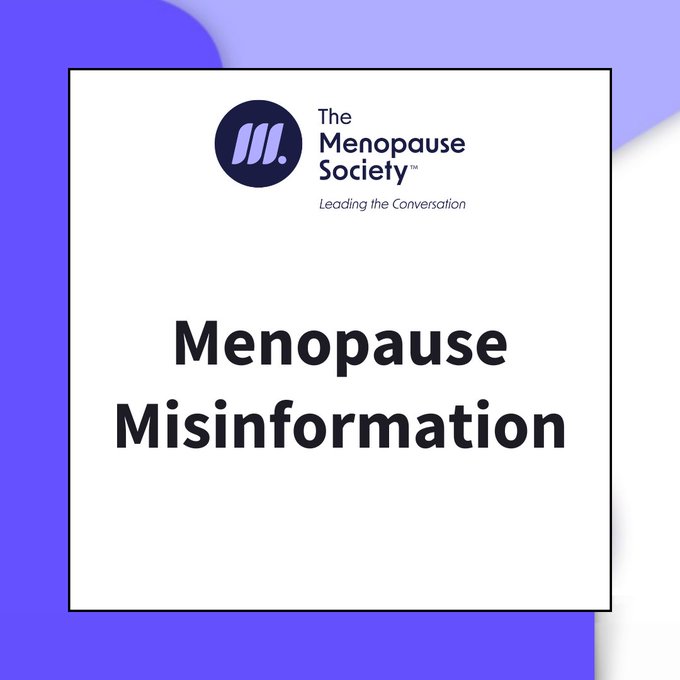
- Tips To Help Manage Menopause Symptoms
- Types of Hormone Therapy
- Updated 2024 NICE Menopause Guidance Summary
- Video & Podcast Library: Videos – World Menopause Day 2024: Menopause and Hormone Therapy: Current Perspectives and Controversies
- Videos & Podcasts: Videos – Menopause and Hormone Therapy: Current Perspectives and Controversies
- Webinars: Previous – IMS & ISE Symposium: What’s Hot? Options for Treatment of Hot Flushes 2025
- What Are the Benefits and Risks of HRT?
- What Are the Most Common Symptoms of Menopause? And Which Can Hormone Therapy Treat?
- World Menopause Day 2024: Leaflet for Women – Menopause and Menopause Hormone Therapy [Multiply Languages]
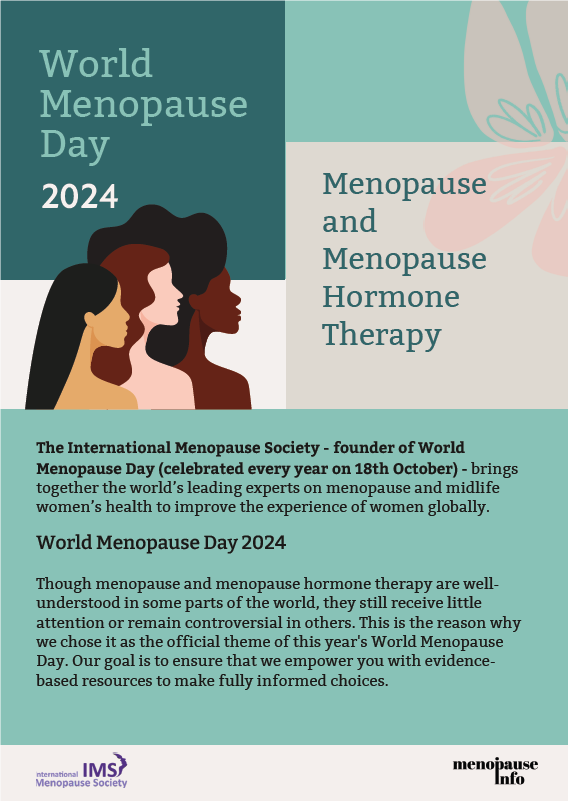
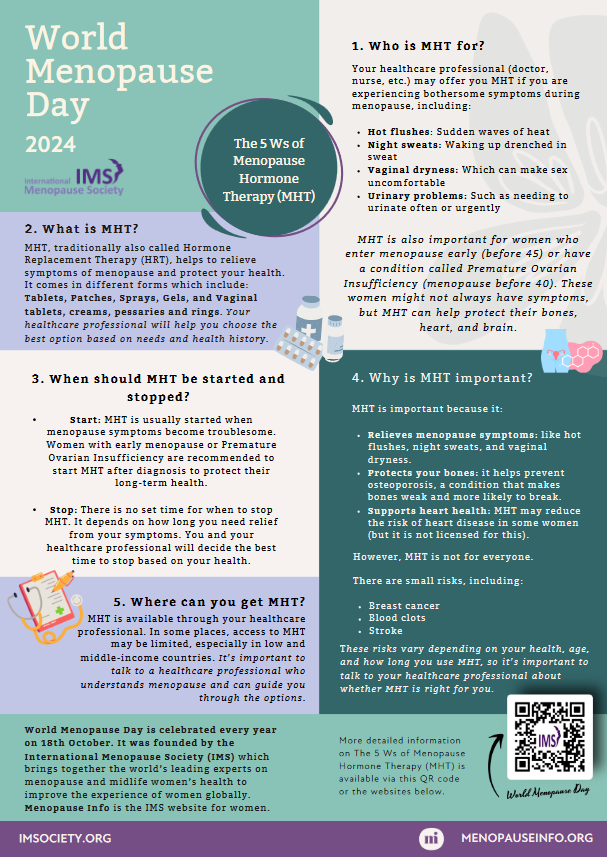 World Menopause Day 2024: Poster for Women – The 5 Ws of Menopause Hormone Therapy (MHT)
World Menopause Day 2024: Poster for Women – The 5 Ws of Menopause Hormone Therapy (MHT)
Sources
Where may I find the Sources quoted?
You may find the Sources quoted at:
Sources
- Deciding About Hormone Therapy Use: Potential Benefits. 2025:1. Menopause Society https://menopause.org/wp-content/uploads/default-document-library/MenoNote-Deciding-About-HT-2025.pdf Accessed: 12 July 2025
- Hormone Therapy. Menopause Society https://menopause.org/patient-education/menopause-topics/hormone-therapy Accessed: 12 July 2025
- Deciding About Hormone Therapy Use: Potential Benefits. 2025:1. Menopause Society https://menopause.org/wp-content/uploads/default-document-library/MenoNote-Deciding-About-HT-2025.pdf Accessed: 12 July 2025
- Hot Flashes: Diagnosis & Treatment – Diagnosis: Treatment. 04 March 2025. Mayo Clinic https://www.mayoclinic.org/diseases-conditions/hot-flashes/diagnosis-treatment/drc-20352795 Accessed: 12 July 2025
- Hormone Therapy: Is Hormone Therapy Safe? Menopause Society https://menopause.org/patient-education/menopause-topics/hormone-therapy Accessed: 12 July 2025
- Hamoda, H, Mukherjee, A, Morris, E, Baldeweg, S. E., Jayasena, C. N., Briggs, P, Moger, S. Optimising the Menopause Transition: Joint Position Statement By the British Menopause Society, Royal College of Obstetricians and Gynaecologists and Society for Endocrinology on Best Practice Recommendations for the Care of Women Experiencing the Menopause. First Published Online 10 June 2022:2 https://journals.sagepub.com/doi/10.1177/20533691221104882 Accessed: 12 July 2025







